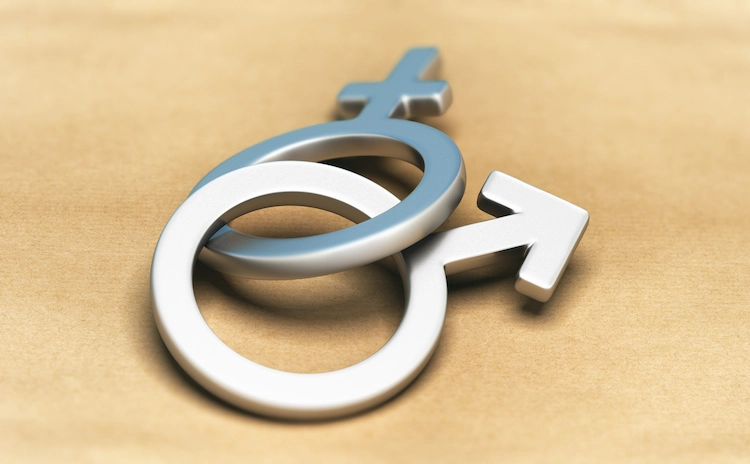Campaign Financing Headed Back to Supreme Court

The U.S. Supreme Court has agreed to wade back into the controversial issue of campaign financing. The Court recently granted certiorari in McCutcheon v. Federal Election Commission, which challenges the current monetary cap on individual political contributions.
Under current campaign finance rules, individuals cannot donate more than $117,000 over a two-year election cycle. This includes to $46,200 to a candidate for federal office and $70,800 to other entities, including national political parties and state political parties, and non-party committees. The Supreme Court last considered the biannual limits in the 1976 Buckley v. Valeo case.
In the instant case, political activist and businessman Shaun McCutcheon and the Republican National Committee want to remove the biannual limits. The U.S. District Court in Washington, D.C. previously rejected their argument that limiting contributions violates the First Amendment to the U.S. Constitution.
In its opinion, the circuit court expressed concern about the corrupting power of unlimited individual contributions, noting that candidates at the receiving end of a large contribution “will know precisely where to lay the wreath of gratitude.” It further referenced Buckley’s holding holding that the limits represent “a coherent system rather than merely a collection of individual limits stacking prophylaxis upon prophylaxis.”
Nonetheless, the Supreme Court has previously shown a willingness to turn campaign finance laws on their head. As a result, the case certainty warrants the hype surrounding it. In fact, many are predicting that it could rival the Supreme Court’s 2010 Citizens United v. FEC decision by allowing even more money to flow into political campaigns. However, a decision will likely not come until 2014, as the Court will not consider the case until its next term, which begins this fall.
Previous Articles
Supreme Court Upholds Tennessee Law Banning Transgender Care for Minors
by DONALD SCARINCI on July 10, 2025
In United States v. Skrmetti, 605 U.S. ____ (2025), the U.S. Supreme Court held that Tennessee’s ...
Supreme Court Rejects Mexico’s Suit Against U.S. Gun Manufacturers
by DONALD SCARINCI on July 8, 2025
In Smith & Wesson Brands v. Estados Unidos Mexicanos, 605 U.S. ____ (2025), the U.S. Supreme Co...
SCOTUS Sides With Employee in Reverse Discrimination Case
by DONALD SCARINCI on July 2, 2025
In Ames v. Ohio Department of Youth Services, 605 U.S. ____ (2025), the U.S. Supreme Court held tha...
The Amendments
-
Amendment1
- Establishment ClauseFree Exercise Clause
- Freedom of Speech
- Freedoms of Press
- Freedom of Assembly, and Petitition
-
Amendment2
- The Right to Bear Arms
-
Amendment4
- Unreasonable Searches and Seizures
-
Amendment5
- Due Process
- Eminent Domain
- Rights of Criminal Defendants
Preamble to the Bill of Rights
Congress of the United States begun and held at the City of New-York, on Wednesday the fourth of March, one thousand seven hundred and eighty nine.
THE Conventions of a number of the States, having at the time of their adopting the Constitution, expressed a desire, in order to prevent misconstruction or abuse of its powers, that further declaratory and restrictive clauses should be added: And as extending the ground of public confidence in the Government, will best ensure the beneficent ends of its institution.





